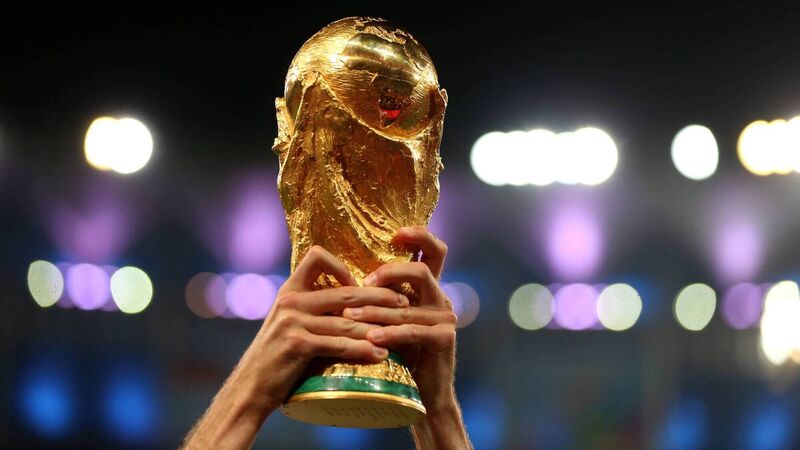Kieran Shannon: Time the Government stopped treating sport as a political football

Try from €1.50 / week
SUBSCRIBE
Instead of devising and stressing the necessary protocols that would allow children’s sport to open up now — ‘Drop them off, then buzz off’ if that’s what it took — the Government last week was once more in thrall to a Big Idea, the Big Event: this time, a soccer World Cup.
While it would seem the only plausible reason stopping the Government from allowing kids back playing — or at least training — outdoors is the prospect and fear of parents yapping at the gate, unfortunately there doesn’t seem to be any stopping politicians talking and thinking about sport in their old usual way.
Instead of devising and stressing the necessary protocols that would allow children’s sport to open up now — ‘Drop them off, then buzz off’ if that’s what it took — the Government last week was once more in thrall to a Big Idea, the Big Event: this time, a soccer World Cup.
Already a subscriber? Sign in
You have reached your article limit.
Annual €130 €80
Best value
Monthly €12€6 / month
Introductory offers for new customers. Annual billed once for first year. Renews at €130. Monthly initial discount (first 3 months) billed monthly, then €12 a month. Ts&Cs apply.
Newsletter
Latest news from the world of sport, along with the best in opinion from our outstanding team of sports writers. and reporters
Newsletter
Latest news from the world of sport, along with the best in opinion from our outstanding team of sports writers. and reporters
Thursday, February 12, 2026 - 6:00 PM
Thursday, February 12, 2026 - 10:00 PM
Thursday, February 12, 2026 - 10:00 PM

Select your favourite newsletters and get the best of Irish Examiner delivered to your inbox
© Examiner Echo Group Limited